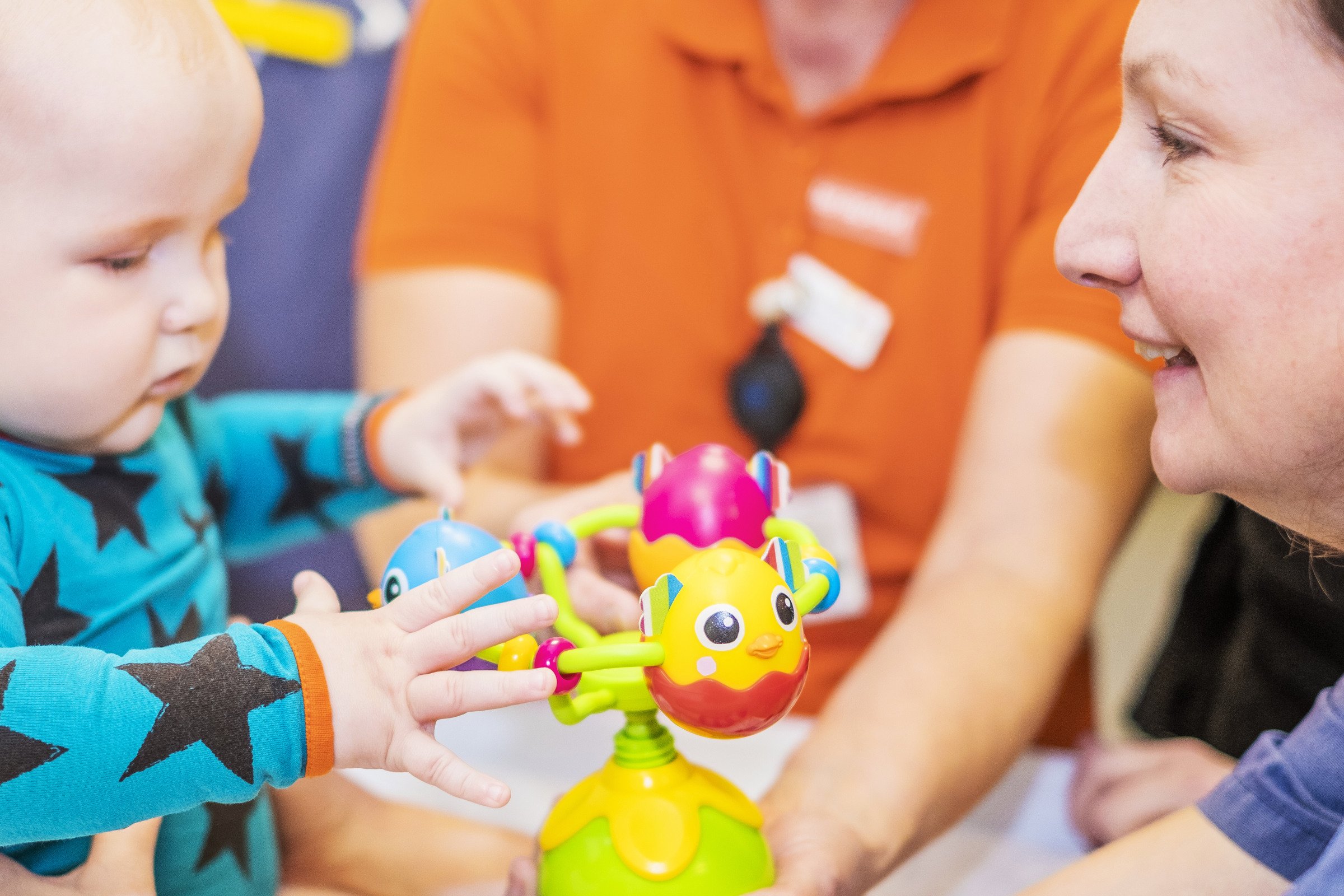Neural Tube Defects
Neural tube defects (NTD) are congenital malformations that involve the spinal cord to varying degrees and can affect nerve function to various organs and extremities.
The malformations range from a spectrum of mild to severe abnormalities, with spina bifida being the most common and well-known malformation. Each anomaly is unique.
The body parts that can be affected with impaired function primarily include the urinary bladder, the lower part of the intestine, and motor and/or sensory abilities in the legs. In some individuals with spina bifida, cerebrospinal fluid circulation may also be affected and potentially cognitive abilities as well.
Pediatric Surgery
Our aim is to provide high-quality management, in collaboration with multiple specialties, of the most complex cases from the prenatal period to the transition to adult care. Pediatric Surgery
Request medical treatment
More information on who can request a medical second opinion or treatment at Karolinska.
Continue
The Astrid Lindgren Children’s Hospital is a part of Karolinska University Hospital, with facilities in several locations in Stockholm.
